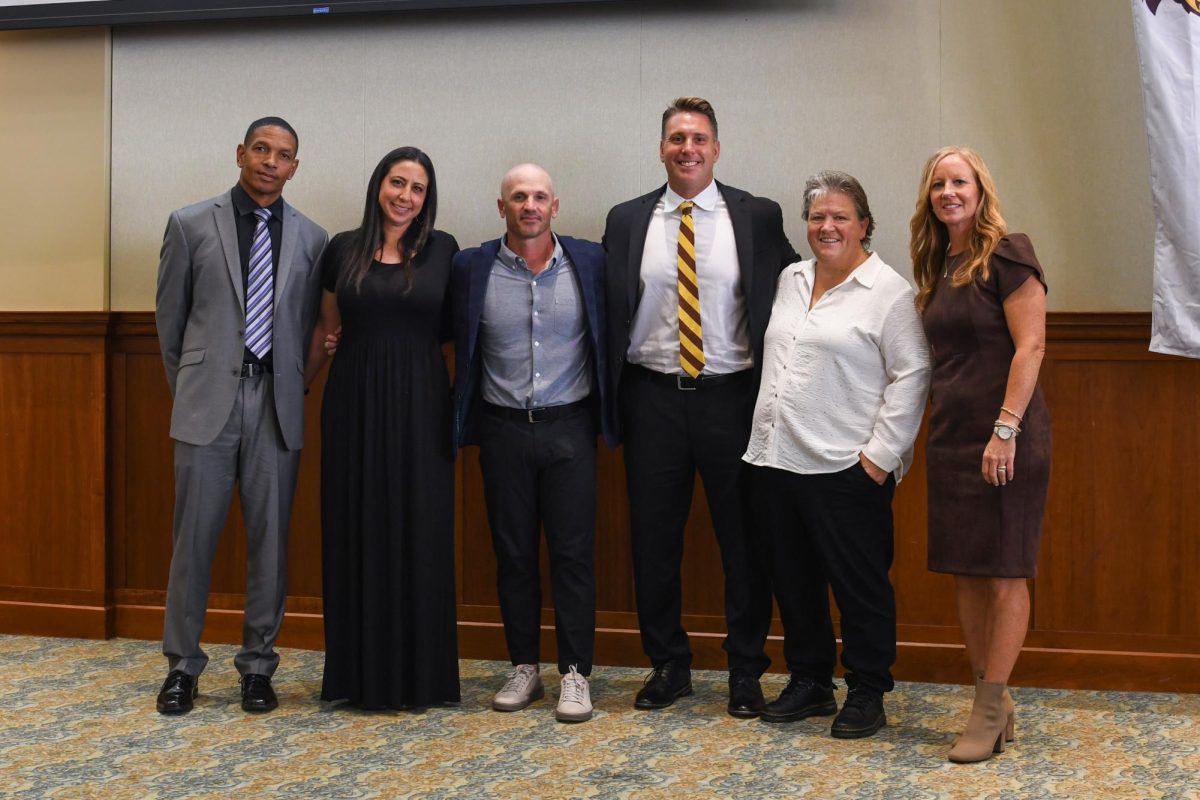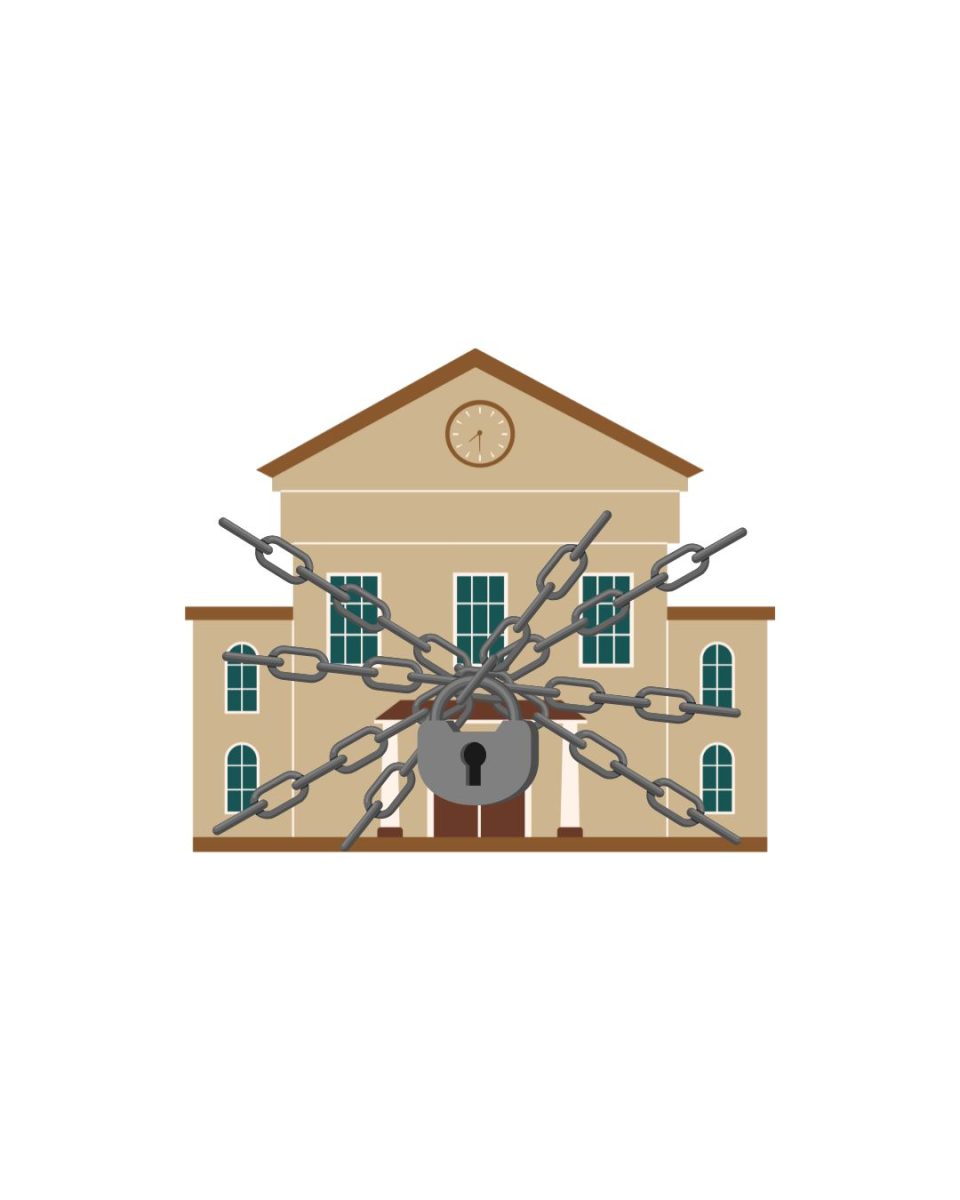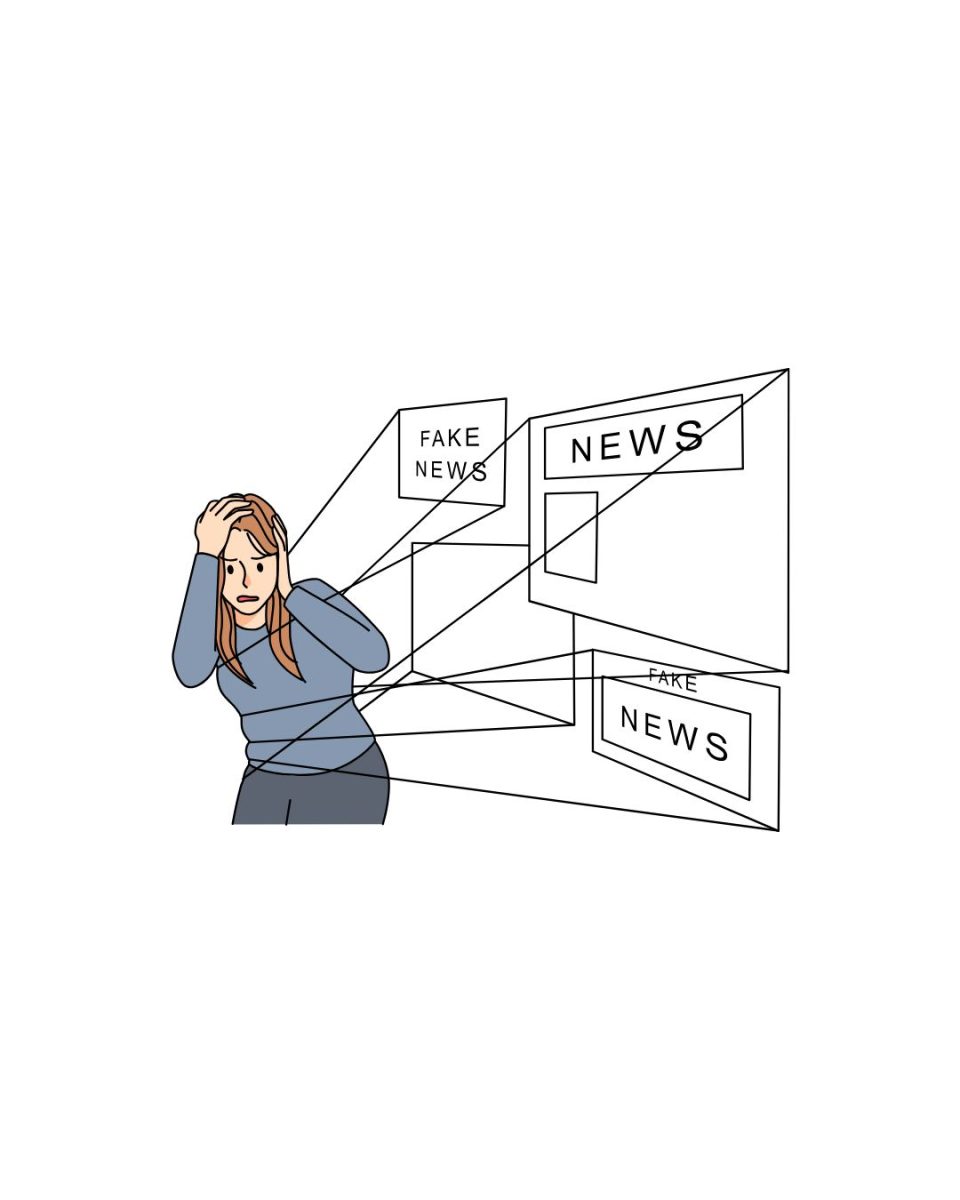College students across America have been inundated for the past few weeks with headlines discussing “illegal protests” and the potential consequences for students who decide to partake in them on their campuses.
Between threatening to cut funding for schools holding “illegal protests” and the arrest of a Columbia student who was protesting for Palestine, it would not be irrational for students to be afraid to speak up about the issues that matter to them.
The Whit Staff is not here to tell you what Trump’s words have the potential to mean, or what scenarios could arise, as we are not in Washington D.C. and don’t have insider information from The White House. However, as student journalists, we know a thing or two about protests and the First Amendment, because we have seen a thing or two in covering them ourselves.
When attending a protest on your college campus, or neighboring city like Philadelphia, here are a few things to remember:
- You have a legal right to peacefully assemble. That’s right, there is no such thing as an “illegal” peaceful protest. The First Amendment guarantees your legal right to be an activist on your college campus, especially at a public university like Rowan. Despite a slew of fear mongering stories, legally, you are still protected to protest under the Constitution.
- Keep credentials on you at all times. This is a tip specifically for student reporters, who will be covering a demonstration. Having a press badge or even a lanyard or hat with “PRESS” written on it can identify you to law enforcement in a loud environment.
- Write an emergency contact on your arm, in a permanent marker. In the case that you are arrested during a protest or a demonstration, you might not have access to your cell phone. Keep the number of a roommate, parent, sibling, or even colleague on your arm so that if you need to call someone and don’t have phone access, you still have their information.
- Bring a mask or facial covering. If law enforcement in the area you are protesting has been known to use tear gas, having this protection is crucial for keeping your eyes and lungs safe.
- Be mindful of time, place, and manner restrictions. This would entail anything having to do with the interference of an event or meeting. For example, if there’s a government meeting going on that you are protesting, you have the right to assemble, but cannot yell during the meeting so that attendees can’t hear what’s going on, and similarly, you can’t block the entrance to restrict them from entering the building. Be respectful and peaceful in your resistance.
- Consult resources that specialize in this specific area. There are many resources that can help you as a student reporter if you get in a sticky situation during a protest. One of these is the Student Press Freedom Initiative (SPFI), an organization with a 24/7 hotline for legal and First Amendment advice, and resources for students who may be dealing with free speech or censorship issues. They operate under the Foundation for Individual Rights in Education (FIRE) which provides additional support for free speech issues.
Right now, in our political hemisphere, free speech and a free press are more important than ever. While it might be scary to hear these principles get threatened by powerful leaders, don’t get caught in the whirlwind of misinformation and fear-mongering during this contentious and highly divisive time. Yes, it is important to stay informed on current events, but remember to do so while staying anchored in what is factual, and under your control.
For comments/questions about this story DM us on Instagram @thewhitatrowan or email [email protected]




































































































































































































